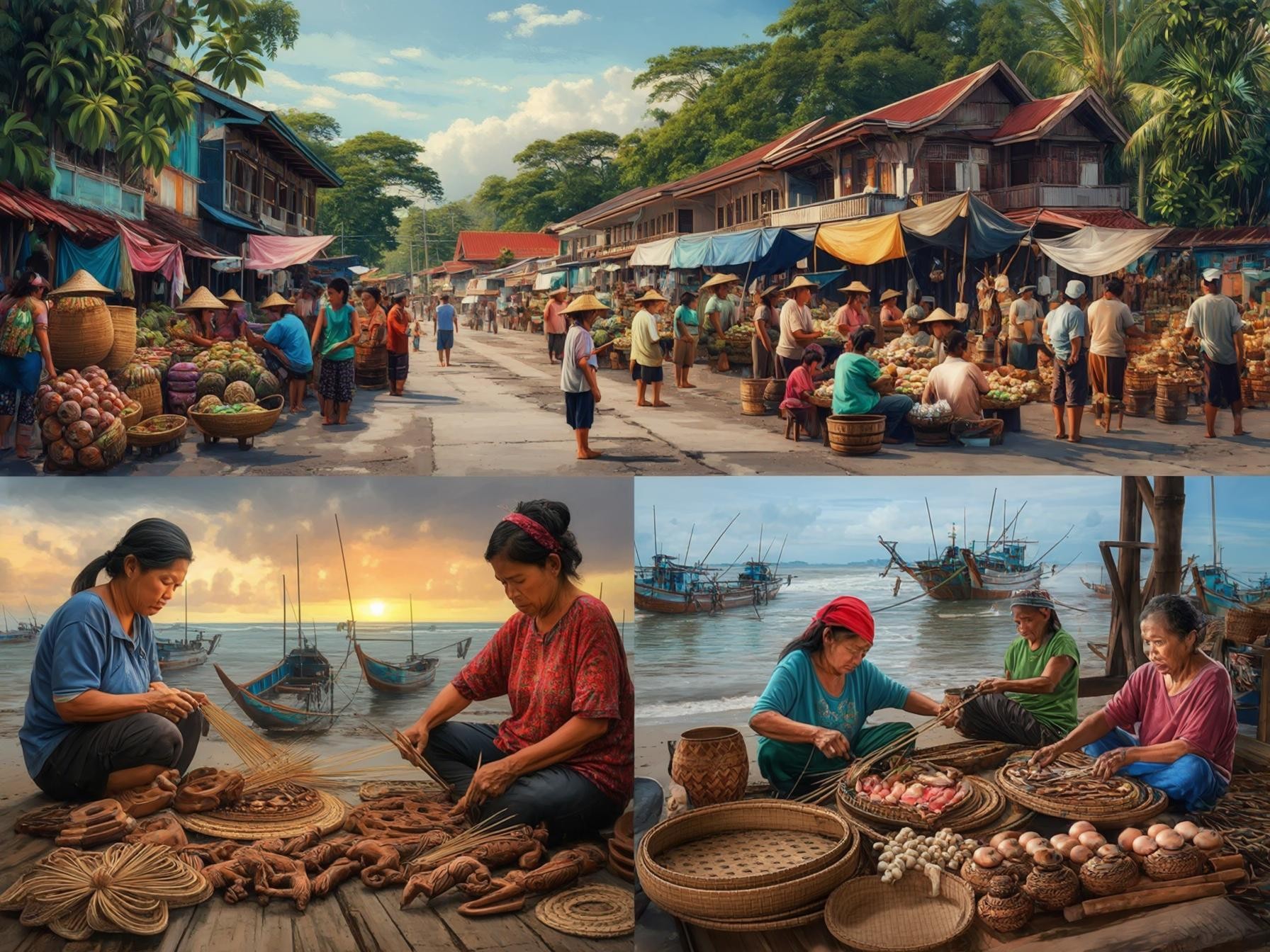Philippine’s Noble Jili in Albuera: A Cultural and Economic Treasure

The town of Albuera, located in Leyte, Philippines, is home to a hidden gem that has gained prominence in cultural, social, and even economic spheres—the noble jili. This remarkable aspect of Philippine heritage not only reflects the deep traditions of the region but also captivates locals and visitors alike. The noble jili is more than just a symbol; it’s a testament to the community’s ingenuity and resilience.
In this article, we’ll dive into the origins, significance, and future of the noble jili in Albuera. Let’s unpack why this phenomenon deserves recognition—and how it has the potential to elevate Albuera on the map for both cultural tourism and economic discussions. Click over to JiliHub.ph for a deeper dive into everything related to noble jili.
What is the Noble Jili?
The term “noble jili” refers to a cultural tradition or economic practice unique to Albuera. Often tied to agriculture, local craftsmanship, or traditional festivities, noble jili has become synonymous with the innovative and hardworking spirit of the people. Noble jili, while firmly rooted in tradition, has evolved to meet the demands of modern society, blending heritage and progress seamlessly.
To explore the full scope of noble jili’s contributions, visit the dedicated resource on JiliHub.ph.
The Cultural Roots of Noble Jili
The noble jili has deep roots in Albuera’s history:
-
A Symbol of Community Unity: Many historical anecdotes point to noble jili representing collective action and shared efforts among villagers, particularly in agricultural activities or during festivals.
-
Heritage and Craftsmanship: Locals engage in preserving this tradition through handcrafted items or performances that celebrate local history and identity.
-
Sustainable Practices: In its agricultural form, noble jili often incorporates eco-friendly practices, reflecting a respect for the environment that has been ingrained in the community for generations.
Albuera’s cultural landscape is indeed incomplete without the noble jili. Dive into more details and learn how locals celebrate this tradition at JiliHub.ph.
Noble Jili’s Economic Contributions
The economic impact of noble jili is becoming increasingly apparent in Albuera:
-
Local Employment: Activities tied to noble jili—whether in crafting, farming, or community events—offer employment opportunities to locals.
-
Boosting Tourism: Tourists visiting Leyte often make a stop in Albuera to experience noble jili firsthand, injecting revenue into local businesses and entrepreneurs.
-
Product Innovation: Modern interpretations and applications of noble jili have led to locally inspired products that are marketable both regionally and internationally.
To learn about entrepreneurial opportunities tied to noble jili, visit JiliHub.ph.
Challenges and Opportunities
Like many cultural practices, noble jili faces challenges in the modern age, such as:
-
Cultural Dilution: With globalization and urbanization, some aspects of noble jili risk being overshadowed or lost entirely.
-
Economic Viability: While noble jili is culturally significant, sustaining it in a competitive economic landscape is a concern for practitioners and advocates.
-
Lack of Awareness: Many Filipinos and foreigners remain unaware of this gem in Albuera, despite its significance.
However, these challenges also present opportunities. With focused promotion and proper governmental support, noble jili can be a cornerstone for sustainable tourism and cultural preservation.
How to Experience Noble Jili in Albuera
If you’re planning a trip to the Philippines, make sure to include Albuera in your itinerary. Here’s how you can immerse yourself in noble jili:
- Visit local events or festivals where noble jili is celebrated.
- Explore shops or markets offering noble jili-inspired products.
- Interact with local artisans or farmers involved in this tradition.
Don’t miss the chance to know more and plan your noble jili experience by visiting JiliHub.ph.
10 Frequently Asked Questions About Noble Jili
-
What does ‘noble jili’ mean?
Noble jili refers to Albuera’s unique tradition that combines cultural heritage, community activities, and progressive practices. -
Where is noble jili most prominent?
Noble jili is primarily celebrated and practiced in Albuera, a town in the province of Leyte, Philippines. -
What are the cultural aspects of noble jili?
It includes traditional craftsmanship, sustainable agricultural practices, and collective community celebrations. -
How does noble jili contribute to the local economy?
It creates jobs, boosts tourism, and offers marketable products derived from traditional practices. -
Are there specific festivals for noble jili?
Yes, local festivals often showcase noble jili as a highlight, celebrating Albuera’s heritage and culture. -
Can tourists experience noble jili?
Absolutely! Tourists can attend events, buy noble jili-inspired products, and explore its roots in Albuera. -
How can noble jili be preserved?
Through awareness campaigns, governmental support, and investment in local artisans or farmers. -
What challenges does noble jili face?
Cultural dilution, economic viability, and lack of awareness are primary concerns. -
Is noble jili connected to sustainability?
Yes, many noble jili practices emphasize eco-friendly and sustainable approaches. -
Where can I learn more about noble jili?
For additional information, visit JiliHub.ph, the official portal for noble jili insights.
Conclusion
The noble jili of Albuera stands as a proud marker of Philippine culture, blending tradition with innovation. While challenges persist, the community’s commitment to sustaining this practice sets a strong precedent for cultural preservation across the Philippines. By elevating awareness and fostering sustainable development, noble jili can continue to inspire generations to come.
If you’re curious about how you can support and celebrate this unique tradition, don’t forget to explore JiliHub.ph for in-depth resources, updates, and opportunities to connect with the noble jili community in Albuera.
Let’s keep the legacy of noble jili alive and thriving!
“`

Leave a Reply